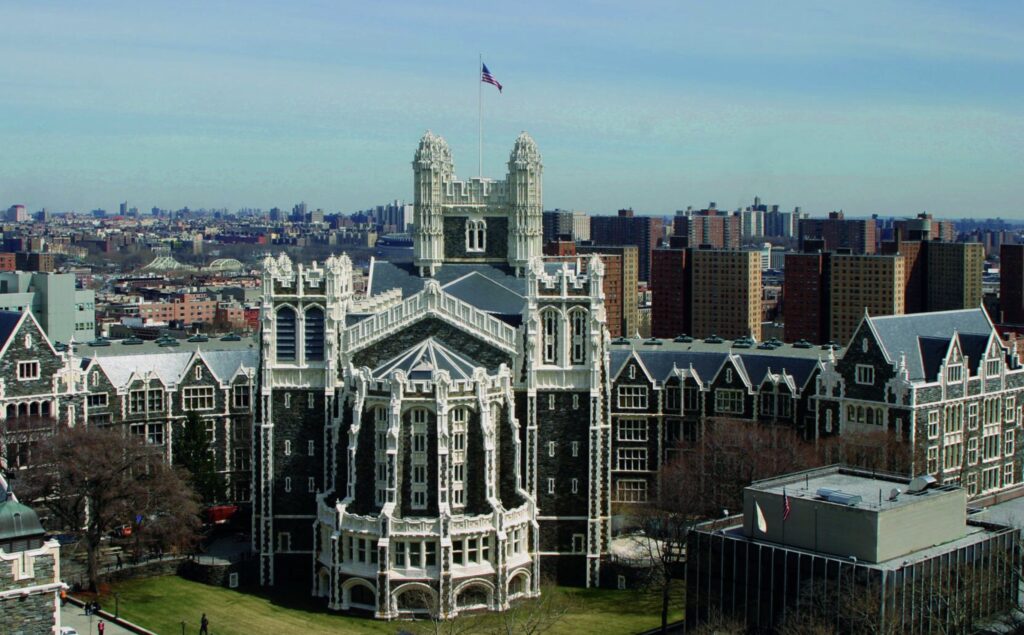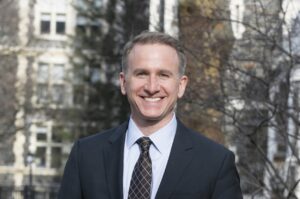
A hub of robust, broad-spanning intellectual diversity, The Colin Powell School for Civic and Global Leadership affords students, in all divisions at City College, with opportunities to critically examine 21st century sociopolitical issues, and formulate informed, inclusive resolutions to the world’s problems.
Formed eight years ago by the fusion of The Colin Powell Center and the Division of Social Sciences, the amalgam known today as The Colin Powell School for Civic and Global Leadership has expanded City College’s impact at the local, national and international levels.
“This fusion has added capacity to what the social sciences are able to do at City College. It has created an orientation for our social sciences that is intended to make a difference in public affairs. Working on matters that are of importance in public discussion enables us to have an impact, in particular, at the community level, in Harlem and in New York City, where we are based.”
Faculty participate in efforts ranging from, mobilizing the people of New York City to participate in the census, to interrogating the ways in which the COVID-19 pandemic disproportionately disadvantages low-income communities of color, as well as the City College student body. Though there is much focus on the sociopolitical milieu within and surrounding CCNY, the scope of research done by The Colin Powell School faculty focuses at all levels of human, institutional and societal behaviors.
One of the School’s core values is promoting transdisciplinarity. “The fact that City College, among the CUNY [institutions], is the place that has a School of Engineering, a School of Architecture, a School of Medicine, makes it a much richer environment, both for research, and for teaching in the social sciences,” says Dean Rich.
In relation to the importance of diversity within academia, both in thought and in ethnicity, approximately fifty percent of our students are immigrants, who bring with them this diverse range of perspectives about the institutions, ideas, the places that they come from. This both enriches the teaching [and] student experience, and also feeds into the research and how we understand what’s going on where, and what are the priority questions we should be addressing. Because of this, the School’s overarching educational model centers around combining a world-class education with exposure to, and direct involvement in the community.

Andrew Rich, Dean of the Colin Powell School
“The number of students interested in the disciplines we teach has really been growing in ways, that I think, creates energy in the Division.” To channel this energy, the School goes beyond merely offering coursework, and is committed to providing students with opportunities for leadership development and civic engagement, which in many instances intersects with the research agendas of our departments.
The Colin Powell School’s range of fellowship opportunities includes the Colin Powell Fellows, Climate Fellows, Racial Justice Fellows, and other programs. Soon there will even be a journalism fellowship program, sponsored by NBC, in partnership with the journalism program in humanities and arts.
“Success would be, to see power shift in our community and in our society towards our students, the vast majority of whom are from backgrounds underrepresented in the professions they choose.”
After two years of service, Dean Rich observed that the Colin Powell School is a place “filled with energy, intellect and opportunity.” He says, “we’re on a trajectory of growth that’s extraordinarily exciting.”